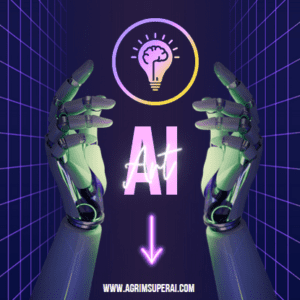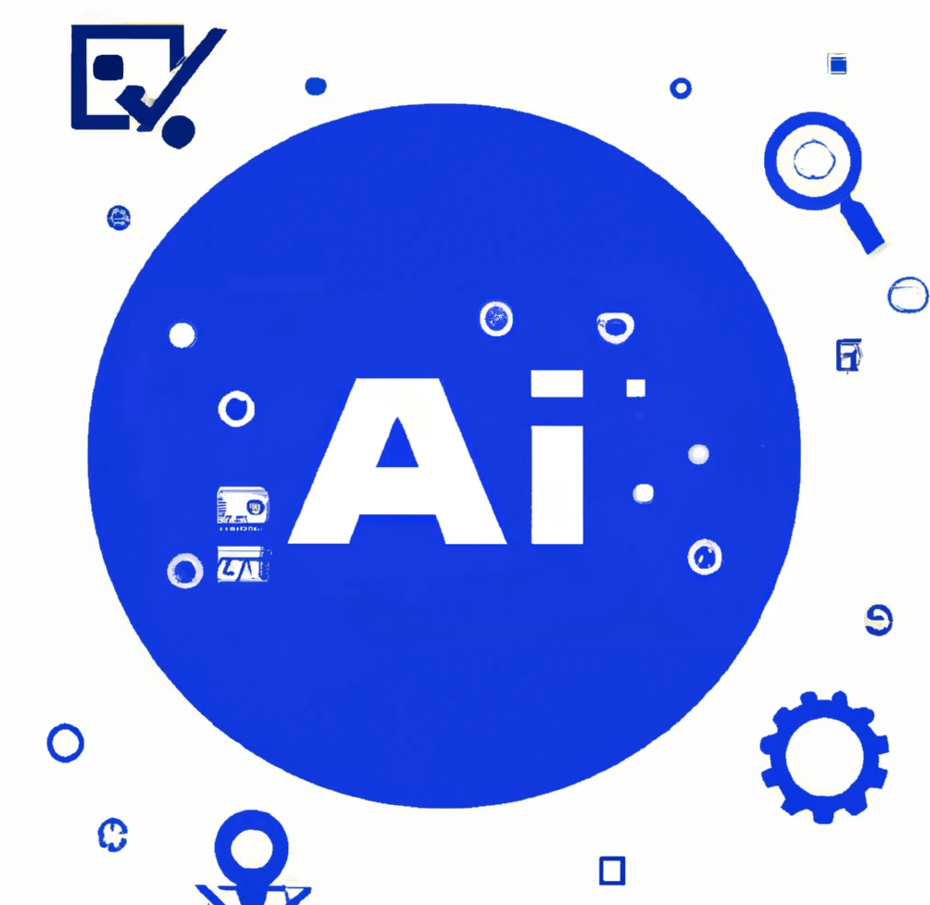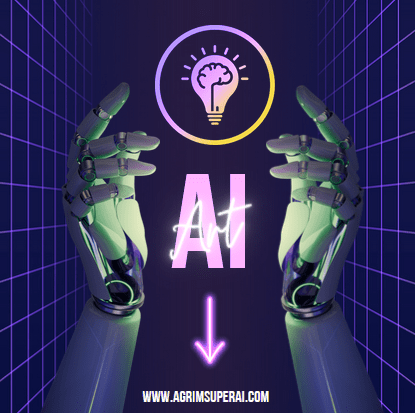Introduction
Artificial Intelligence (AI) has become an integral part of our lives, transforming various sectors such as healthcare, finance, transportation, and entertainment. The potential of AI to augment human capabilities and make our lives easier is immense. This blog post explores how AI is Empowering Humans with AI and shaping the future.

AI in Everyday Life
AI is no longer a futuristic concept; it’s here and now. From smartphones that recognize our faces to virtual assistants that understand our voices, AI is enhancing our daily experiences. It’s making technology more intuitive and user-friendly, enabling us to interact with devices and applications in natural, human-like ways.
AI: Beyond Automation
AI has often been associated with automation, and while it does excel at repetitive and data-intensive tasks, its capabilities extend far beyond that. Rather than replacing human roles, AI complements them, allowing us to focus on higher-order thinking, creativity, and innovation.
1. Enhancing Decision-Making:
AI systems, powered by sophisticated algorithms and data analysis, can process vast datasets in seconds, providing valuable insights to inform decision-making. In finance, for example, AI-driven models analyze market trends, helping investors make informed choices. In healthcare, AI assists doctors in diagnosing diseases based on patient data, improving accuracy and speed.
2. Augmenting Creativity:
AI is not confined to crunching numbers; it can also foster creativity. AI algorithms can generate art, music, and even poetry. For instance, Google’s DeepDream generates surreal, dreamlike images, demonstrating how AI can inspire and augment human artistic expression.
3. Personalized Experiences:
In the world of e-commerce, AI recommendation engines analyze user behavior and preferences to offer personalized product suggestions. Streaming services like Netflix and Spotify use AI to curate content tailored to individual tastes, creating a more engaging user experience.
Industries Transformed by AI
AI’s transformative impact extends across various industries, leading to improved efficiency, cost savings, and innovative solutions. Here are a few examples of how AI is reshaping industries:
1. Healthcare:
AI-driven diagnostic tools analyze medical images, detect anomalies, and predict patient outcomes. Robotics assist in surgeries with unparalleled precision. Telemedicine platforms connect patients with healthcare providers, increasing accessibility to medical care.
2. Finance:
Algorithmic trading powered by AI can execute high-frequency trades, optimizing investment strategies. Fraud detection systems use AI to identify suspicious transactions in real time, enhancing security. Chatbots and virtual assistants improve customer service.
3. Retail:
AI-driven demand forecasting optimizes inventory management, reducing overstock and understock issues. Chatbots handle customer inquiries and provide personalized shopping assistance. Visual search technology allows users to find products by uploading images.
4. Manufacturing:
Smart factories leverage AI for predictive maintenance, reducing downtime and optimizing production schedules. Collaborative robots, or cobots, work alongside human employees, increasing efficiency and safety.
5. Transportation:
Self-driving vehicles use AI algorithms to navigate roads safely. AI-powered traffic management systems optimize traffic flow, reducing congestion and emissions. Predictive maintenance keeps fleets of vehicles in top condition.
Collaborative Intelligence: Humans and AI Together
The future is not about humans versus AI; it’s about humans and AI working together synergistically. This collaborative intelligence enables us to tackle complex problems and unlock new possibilities.
1. AI in Scientific Discovery:
AI accelerates scientific research by sifting through vast datasets and identifying patterns. In drug discovery, AI-driven algorithms can predict the effectiveness of compounds, expediting the development of new medicines.
2. Environmental Conservation:
AI plays a pivotal role in monitoring and preserving our environment. AI-powered drones track wildlife populations and help combat poaching. Climate models powered by AI analyze vast datasets to inform climate policy decisions.
3. Education and Personalized Learning:
AI adapts educational content to individual learning styles, making education more accessible and effective. Intelligent tutoring systems provide instant feedback, helping students master subjects at their own pace.
4. Disaster Response:
During natural disasters, AI can process satellite imagery to assess damage, predict impacts, and coordinate emergency responses. AI-driven chatbots and virtual assistants can disseminate critical information to affected populations.
Ethical Considerations and Accountability
As AI becomes more integrated into our lives, it is crucial to address ethical considerations and ensure transparency and accountability. Some key ethical considerations include:
1. Bias and Fairness:
AI algorithms can inherit biases present in training data. It is essential to continuously audit AI systems to identify and mitigate bias, ensuring fair outcomes for all users.
2. Privacy:
AI relies on vast amounts of data, raising concerns about user privacy. Regulations like GDPR (General Data Protection Regulation) aim to protect individuals’ privacy rights while harnessing AI’s potential.
3. Accountability:
When AI systems make decisions that impact individuals, there must be accountability mechanisms in place. Understanding how AI arrives at decisions is critical for transparency and trust.
The Future of AI
The future of AI looks promising. As technology advances, we can expect AI to become even more integrated into our lives. However, it’s crucial to address ethical considerations such as data privacy and job displacement. By doing so, we can ensure that the benefits of AI are accessible to everyone.
Conclusion
AI is not about replacing humans; it’s about augmenting our capabilities. It’s about empowering us to make more informed decisions, be more productive, and lead better lives. As we continue to explore the potential of AI, one thing is clear: the human-AI partnership will shape the future.

